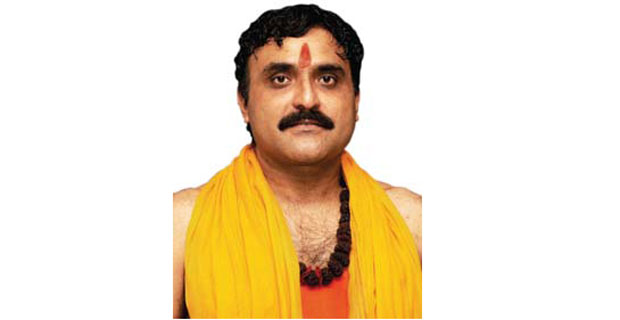DHARMA AND MOKSHA
I used to have a student whose father was a brigadier ...
Bhishma, despite being affectionate towards the Pandavas and knowing they were on the side of dharma, did not let his personal attachments come in the way of his duty and gave them a tough time in the war, for it was his duty as the head of the army to protect his country. That is the sign of true warrior.
The same is also observed by Japanese Samurai Warriors. Once, it was war time and two Samurais were engaged in a fight. After a fierce fight, one of the Samurais got disarmed and fell on the ground. His opponent was about to kill him when he suddenly spat on the opponents face. The opponent put his sword back in. On being asked why he did so, he replied that had he killed the man back then, it would have been out of an emotional reaction/ attachment rather than for the war...and so he stopped.
With so much power, and with such arousal, it is extremely difficult to stay balanced but then that is the quality of a true warrior, and only that person is entitled for moksha. If you die for the country or to uphold dharma (which is, protection of the weak), moksha is guaranteed but then you need see did you die for country or the self. For if it is the latter, the specters of war will haunt you throughout your life, and even after...











Comments.